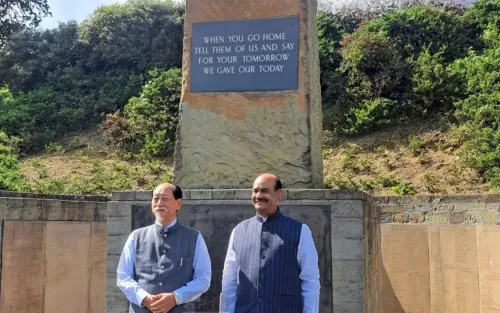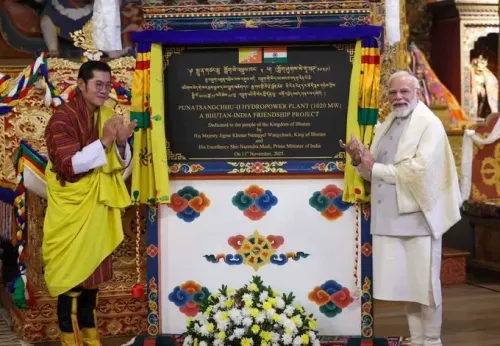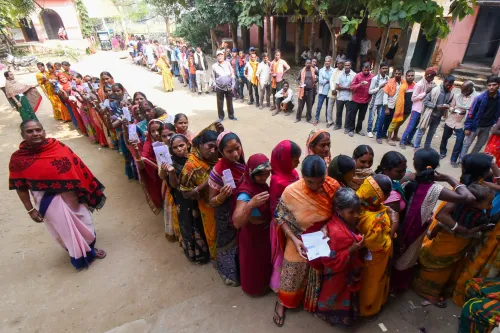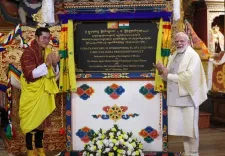Will the Punjab Cabinet's New Bill Make Spurious Seed Sales a Non-Bailable Offence?
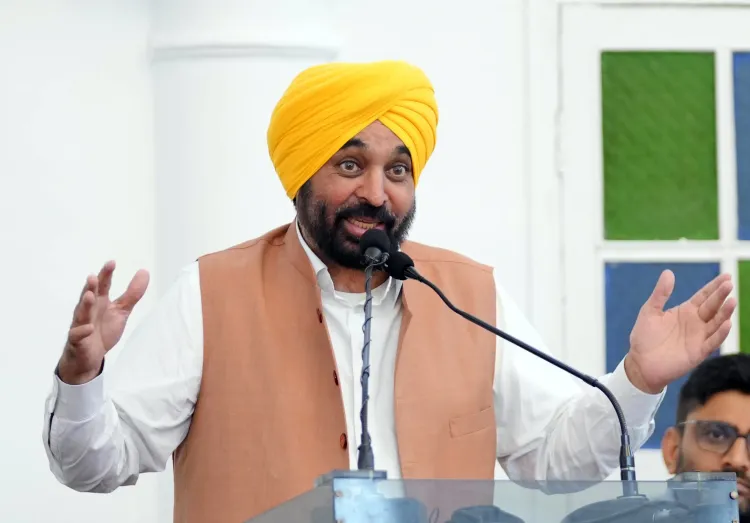
Synopsis
Key Takeaways
- The Seeds (Punjab Amendment) Bill of 2025 aims to make spurious seed sales a non-bailable offence.
- Enhanced penalties include imprisonment and significant fines for offenders.
- This legislative change seeks to protect farmers and promote agricultural integrity.
- Additional measures include a framework for land provision to boost industrial investment.
- Group D service age limits have been raised to foster greater employment opportunities.
Chandigarh, July 25 (NationPress) In a groundbreaking move, the Punjab Cabinet, under the leadership of Chief Minister Bhagwant Mann, has approved the introduction of the Seeds (Punjab Amendment) Bill of 2025 to classify the sale of spurious seeds as a non-bailable offence. This decision was made during a Council of Ministers meeting held in the city.
A spokesperson from the Chief Minister's office indicated that this legislative change aims to guarantee the availability of high-quality seeds for farmers across the state.
Historically, Section 19 of the Seeds Act 1966 remained unchanged, which meant that fines and penalties lacked a deterrent effect.
Therefore, the Cabinet approved a Bill to amend the Seeds Act, introducing Section 19-A to address violations of Section 7 of the Seeds Act (which regulates the sales of specified kinds or varieties of seeds), thereby increasing fines and penalties, making violations cognizable and non-bailable.
According to the new provisions, companies committing their first offence will face imprisonment of one to two years and fines between Rs 5 to 10 lakh, while repeat offenders will incur two to three years of imprisonment and fines ranging from Rs 10 to 50 lakh.
For dealers or individuals, the penalties for the first offence will involve six months to one year of imprisonment and fines between Rs 1 to 5 lakh, escalating to one to two years and fines of Rs 5 to 10 lakh for subsequent violations.
Previously, the fines were minimal, with only Rs 500 for the first offence and Rs 1,000 for repeat offences, alongside a maximum sentence of six months.
Additionally, the Cabinet has approved the development of a framework for offering land parcels on a sale or lease basis to foster industrial and business investment within the state.
This initiative aims to enhance investment opportunities in Punjab, addressing the previous absence of a structured and timely process for identifying and allocating land for potential investors.
A comprehensive mechanism has been established, featuring aspects like a bi-annual digital land pool, investor support for investments exceeding Rs 200 crore, feasibility assessments, reserve price determinations, e-auction procedures, lease options, and auction timelines.
In a significant relief for Group D job aspirants, the Cabinet has approved amendments to rules 5 (b) and 5 (d) of the Punjab State (Group D) Service Rules, 1963, raising the upper age limit from 35 years to 37 years.
The age limit for Group D appointments in Punjab was previously between 16 to 35 years, while Group A, B, and C positions had a range of 18 to 37 years according to the PCS Rules 1994. To ensure consistency, Rule 5(b) of the Punjab State Group-D Service Rules has now been modified to stipulate an age range of 18 to 37 years.
Furthermore, the educational requirement under Rule 5(d) has been updated from 'middle' to matriculation.
The Cabinet also approved the introduction of a one-time settlement scheme (OTS) for resolving loans under interest-free loans, seed margin money, the Punjab State Aid to Industries Act, 1935, and the integrated Rural Development Program (IRDP). This scheme will provide a complete waiver of both principal and interest for loans under the IRDP and the Punjab State Aid to Industries Act, 1935 (PSAIA).
Eligible units must utilize the scheme and settle their dues within 180 days following the publication of a notice in the newspaper.
Moreover, the Cabinet concurred with amendments to the Punjab Value Added Tax Rules, 2005, which stipulate that the Chairman and other members of the Punjab VAT Tribunal will receive HRA and DA at rates applicable to Punjab officers.

